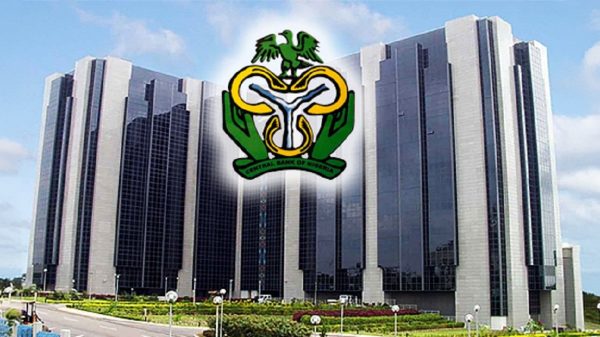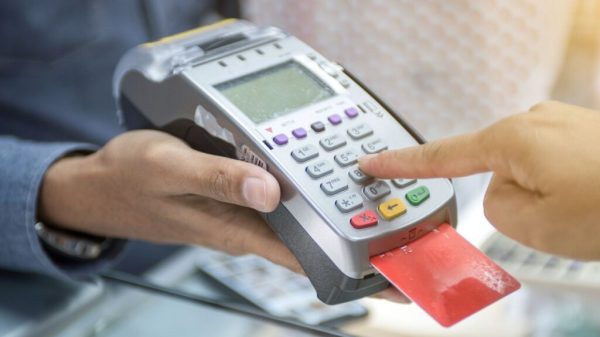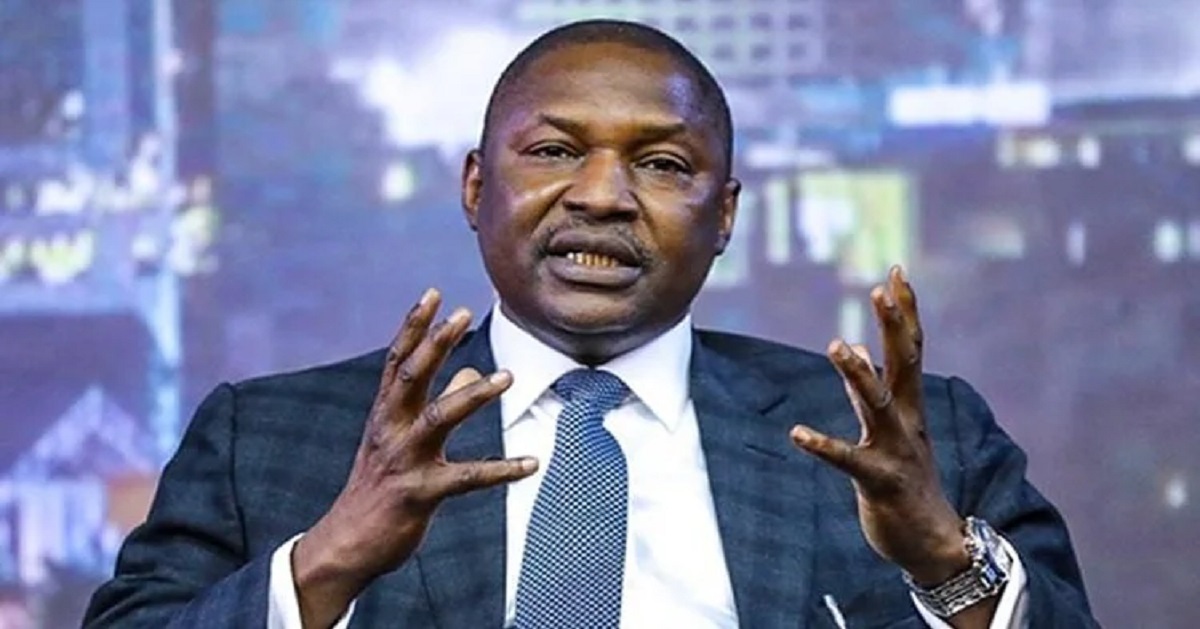Dominic Raab, British Foreign Secretary, has announced £22 million of new investment to build cyber security resilience in developing countries and globally, particularly in Africa and the Indo-Pacific.
He disclosed this in a speech delivered at the National Cyber Security Centre’s CYBERUK conference on Wednesday.
Raab announced that the UK would spend about £3 million of this funding to help INTERPOL set up a new team that will fight cybercrime in Africa.
The new INTERPOL desk will work across Nigeria, Ethiopia, Ghana, Kenya and Rwanda creating a regional strategy to support joint operations against cybercrime, and strengthen African states’ capability to combat the crime and those behind it.
Since 2018 the UK has been actively partnering with Nigeria to support the development of Cyber Security policies and strategies.
Both countries share an ambition to create a safe and secure digital community that provides opportunities for Nigerian citizens and promotes peaceful engagement in cyberspace that enhances national prosperity.
The launch in February this year by President Buhari of the new Nigerian National Cyber Security Policy and Strategy (NCPS) 2021 followed well-targeted UK-funded technical assistance through the UK’s Digital Access Programme.
That programme has also funded a project to upskill Small Medium and Enterprises across Nigeria on cyber basics which was delivered through the NGO CyberSafe Foundation (https://cybersafefoundation.org/).
The UK Department of International Trade (UK DIT) has also hosted a virtual event for Nigerian stakeholders interested in cyber security for the financial services sector. This event discussed emerging cyber security issues for the sector and showcased aspects of the UK’s approach.
Today’s development is a part of the UKs ambition to build global cyber resilience. We see Nigeria and Africa as a whole as an important partner in this. With some of the fastest growing economies in the world, Africa has become a target for opportune cybercriminals. By creating a central coordination desk within INTERPOL that law enforcement across Africa can use, the UK hopes to improve collaboration across borders to advance intelligence sharing, and ultimately stop the perpetrators of cybercrime in Nigeria and across Africa.
Speaking to the conference of security experts the Foreign Secretary outlined that the UK wanted to act as a responsible cyber power. As well as working with other countries to shape cyberspace in line with our values, the UK is also making around £22 million of new investment available to support capacity building in cyber security for developing countries and globally.
In his speech, Foreign Secretary, Dominic Raab said: “We are working with like-minded partners, to make sure that the international order that governs cyber activity is fit for purpose.
“Our aim should be to create a cyberspace that is free, open, peaceful and secure, which benefits all countries and all people.
“We want to see international law respected in cyberspace, just like anywhere else. And we need to show how the rules apply to these changes in technology, the changes in threats, and the systemic attempts to render the internet a lawless space.”
INTERPOL Secretary General Jürgen Stock said: “With more than 4.5 billion people online, more than half of humanity is at risk of falling victim to cybercrime at any time, requiring a unified and strong response.
“The UK support for INTERPOL’s cyber initiative in Africa underlines its commitment to this fight and will be an important piece of the global security architecture to combat cybercrime.”
Cybercrime is one of the most prolific forms of international crime, with damages set to cost the global economy $10.5 trillion annually by 2025. With some of the fastest growing economies in the world, coupled with a reputation for weak network security, African countries are currently a big target for opportunistic cyber criminals.
In addition to cybercrimes, there is also a growing trend for higher impact online financial scams in Africa, with an INTERPOL survey revealing that in the two years between 2013 and 2015 criminals in Africa targeted businesses for an average of US$ 2.7 million each time.
Despite the best efforts of law enforcement across the region, on average only 30% of those crimes could be prosecuted due to differing legal systems and legislation across borders. The new INTERPOL team will lead efforts to change that, facilitating cross-border collaboration to stop cybercriminals.
![]()


























































